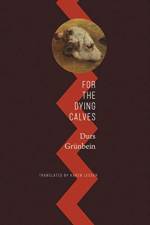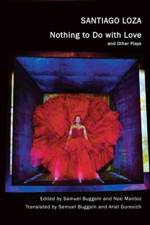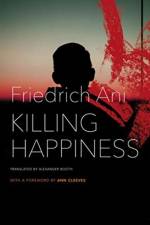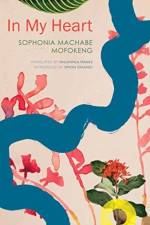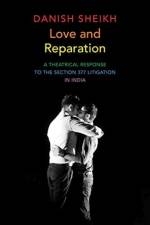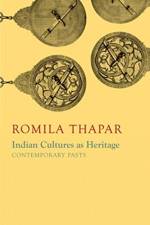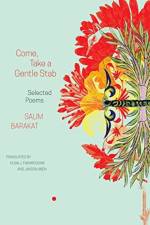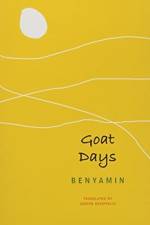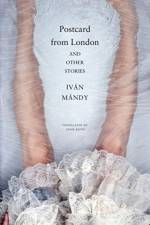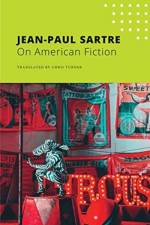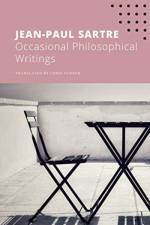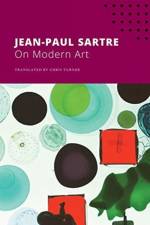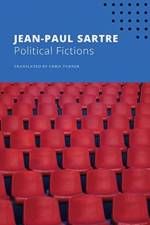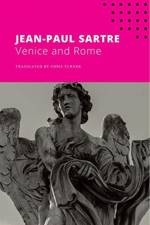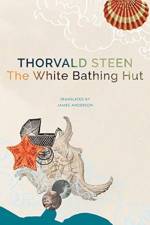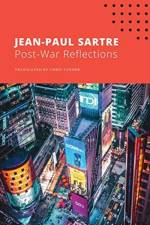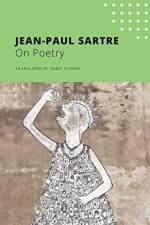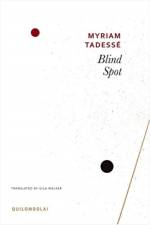av Clara Magnani
277
An engrossing novel about love and grief that introduces an important francophone author to English-speaking readers. Rome, 2014, late summer. While he is reading on his sun-drenched terrace, Giangiacomoâ¿s heart stops. A quick, painless deathâ¿something he had always hoped for, his daughter, Elvira, remembers. A few days later, Elvira comes across an unfinished manuscript in her fatherâ¿s flat. In it, she discovers a love story between Giangiacomoâ¿Gigi, to his loved onesâ¿and a Belgian journalist, Clara, which had been going on for over four years. Gigiâ¿s manuscript tells of how their âmature love,â? an expression that became code between Gigi and Clara, blossomed unexpectedly and of the happiness of their meetings, the abandon of their bodies, their laughter, the films they watched and rewatched together. As she struggles to cope with the loss of Gigi, Clara writes her own version of their story. Her âjournal of absenceâ? is first addressed to Gigi, then, gradually, to Elvira. She confides in the young woman on the threshold of adult life, with discretion and tenderness, describing the fullness of the hidden love she shared with her father.


